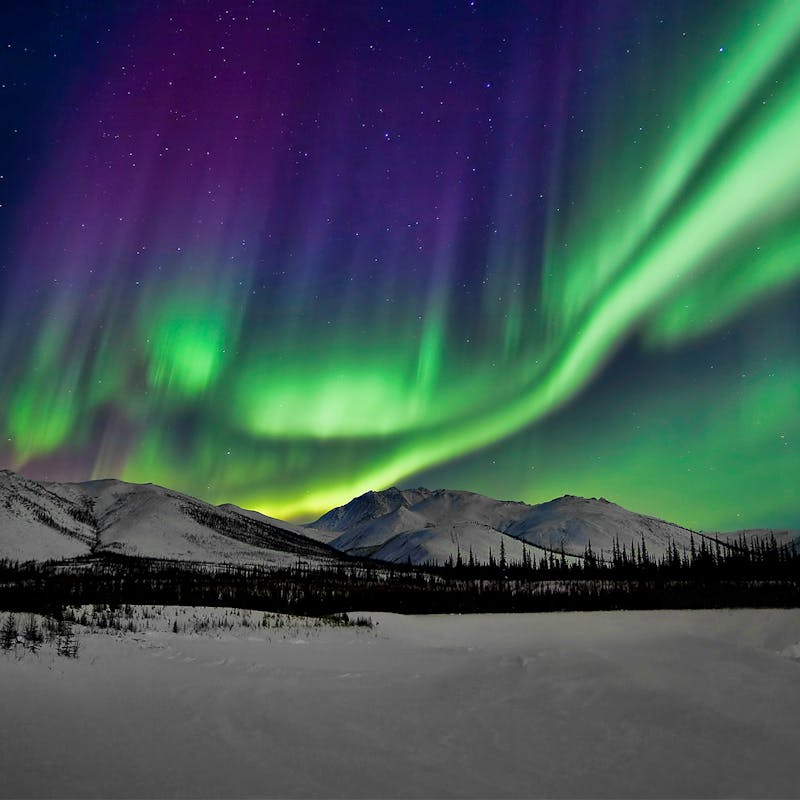Defenders of Wildlife applauds the U.S. Environmental Protection Agency’s proposal today to deny a mining permit that would adversely affect the unrivaled natural resources of the Bristol Bay region, the world’s largest wild salmon fishery and habitat for the critically endangered Cook Inlet beluga whale.
“The scale of the proposed mine was so large that it also would have created industrial infrastructure and activity that extended well beyond Bristol Bay into the Cook Inlet watershed to the east,’ said Nicole Whittington-Evans, Defenders of Wildlife’s Alaska Program director. “This would add additional stress to the highly endangered Cook Inlet beluga whale population.”
After decades of debate and input from local communities, Alaska Native tribal organizations and corporations, the fishing industry, tourism, scientists, and conservation groups, the EPA’s proposal would prohibit the Pebble Mine from being built and to prevent any future mining of the Pebble deposit that would have “adverse effects similar or greater in nature and magnitude” to the impacts of the mine as proposed in 2020.
This unprecedented, large-scale mine would destroy almost 100 miles of streams and over 2,000 acres of neighboring wetlands; degrade additional downstream spawning and rearing habitat for Coho, Chinook, and Sockeye salmon throughout the watershed; and threaten the cultures, livelihoods, jobs, and food sources of over 30 Alaska communities. It would further risk a thriving salmon economy that provides food to the world and thousands of jobs throughout Alaska and the Pacific Northwest.
The U.S. Army Corps of Engineers, which provides technical support to EPA, processes well over 60,000 permit actions per year, but the EPA has used its Clean Water Act authority very sparingly, issuing only 13 final veto actions since passage of the Clean Water Act in 1972. This action is rarely taken and used only to prevent “unacceptable adverse effects” to extraordinary resources such as the wild salmon of Bristol Bay.
For over 75 years, Defenders of Wildlife has remained dedicated to protecting all native animals and plants in their natural communities. With a nationwide network of nearly 2.1 million members and supporters, Defenders of Wildlife is a leading advocate for innovative solutions to safeguard our wildlife for generations to come. To learn more, please visit https://defenders.org/newsroom or follow us on X @Defenders.
Media Contact
News

Defenders Receives Advocacy Organization of the Year Award





